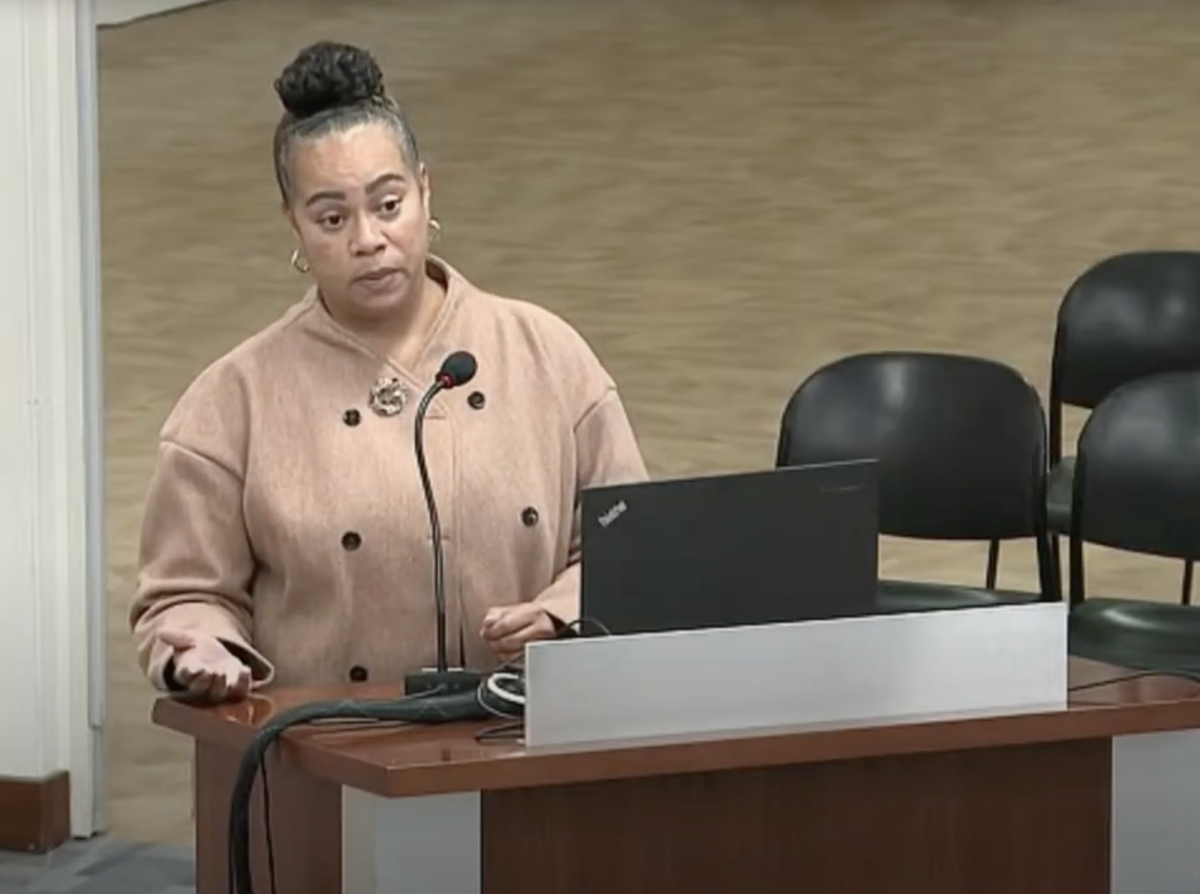When Macarena Valenzuela, a sociology student at College of Alameda (COA), decided to run for a seat in the student senate, she did not realize she would be the only candidate on the ballot. While candidates generally welcome running unopposed, in the case of COA a minimum of three senators are required for student government to function, according to Natalie Rodriguez, Director of Student Activities and Campus Life.
Therefore, the school is actively seeking at least two other students to join Valenzuela.
Four COA students initially expressed interest in running for office in the Fall 2021 special election and were listed on the “official announcement of candidates” released by the college. Unfortunately, according to Rodriguez, three of them either did not meet the criteria for serving in student government or did not attend a mandatory orientation session.

The requirements, as summarized on the COA website, include a 2.0 minimum cumulative grade point average and being currently enrolled in classes representing a minimum of five units. Those five units must all be taken at COA, according to Nathaniel Jones III, the college president, a restriction that eliminates many full time students taking classes at other Peralta colleges.
“We pulled out the policy,” Jones told The Citizen in an exclusive Zoom interview, “because I was asking…where our degrees of freedom lied and to see whether or not those things could be modified” in order to increase the number of eligible students. Jones discovered it was not within the authority of the college to change that requirement.
While three senators is the minimum for a functioning student government at COA, up to 13 students can be elected to that position, according to Rodriguez. Once the senators are in place, they appoint up to six officer positions which include president, vice president of operations, vice president of programs, secretary, treasurer, and communications officer. The last time COA had all six officer positions filled was in May of 2020, Rodriguez recalled, although that was before she had started in her current position. The last weekly meeting of the Associated Students of College of Alameda (ASCOA) was on March 12, 2021, according to minutes posted on the COA website. Only two student senators were present at that meeting (Lauren Wallace and Matthew Morrow).
The Spring 2021 election only yielded two candidates, according to Rodriguez, but “neither of them attended the orientation or the candidate meeting.” Two write-in candidates were recruited but neither of them met the unit requirement, Rodriguez said.

One tangible impact of not having student government is a suspension of the distribution of funds controlled by the associated students. In 2019, for example, the ASCOA authorized $12,938 for a graduation coffee cart and $11,375 for five senators and a chaperone to attend a conference in Vermont, according to meeting minutes posted on the COA site. Rodriguez did not have the total annual budget controlled by the ASCOA.
The lack of involvement in student government at COA is not due to a lack of effort on the part of the administration. Rodriguez and her team held multiple “demystifying student government” workshops and made presentations and announcements in several COA classes. Previous senators held office hours where they could respond to student questions. COA also promoted student government opportunities through social media channels. The college now offers a modest stipend to student government representatives according to Rodriguez. This monetary incentive is what attracted the attention of Valenzuela when she read about the opportunity in an email from the Adelante con Comunidad, Excelencia, Sabiduría y Oportunidad (ACCESO) Program which supports Latinx students at COA.
While the pandemic and shift to online instruction “exacerbated the challenges” of securing participation in student government, Jones believes “we probably had some of these challenges prior to the pandemic.” Rodriguez elaborated on this point, observing she has seen “a drastic change in the basic needs of students.” This includes students “whose entire academic journey changes as a result of the pandemic” to those who “had to take on additional work to help support their families.” For students facing food and housing insecurity, “it makes it very difficult and very challenging…to be able to participate” in student government, Rodriguez observed.

Although students at the other Peralta colleges face similar challenges, those schools have had more success in securing participation in student government. The Citizen reached out to the Directors of Student Activities & Campus Life at the other three colleges in the Peralta district.
Atiya Rashada reported that 13 students at Laney College are currently engaged in student government (10 members and three student appointees). John Nguyen told The Citizen “the majority” of the student government positions at Berkeley City College are currently filled and the associated students have “been working hard on filling the remaining vacant positions.” Doris Hankins reports there was a challenge filling out the ranks of student government earlier this semester at Merritt College. She and student president Micah Cooper (who also serves on the Peralta Board of Trustees as a student trustee) reached out to Merritt students and encouraged them to serve. As a result, five students are now participating in student government.
President Jones from COA summed up the importance of student participation this way: “at the end of the day, what we do is provide education and support and services for our students. And unless we hear from them about what their needs are and how best to meet those needs, we’re going to do it in a less efficient and less effective way.”
Any COA students interested in learning more about opportunities in student government can contact Natalie Rodriguez at: [email protected]



























